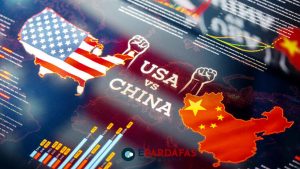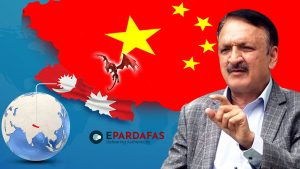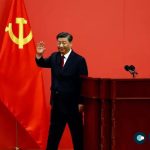
UK’s Cameron Raises Red Sea and Human Rights Issues with Chinese Counterpart

During the Munich Security Conference on Friday, British Foreign Minister David Cameron engaged in discussions with his Chinese counterpart Wang Yi, as confirmed by the UK Foreign Office in a statement.
Cameron conveyed to Wang that China should utilize its influence on Iran to exert pressure on the Houthi militants concerning their activities in the Red Sea, emphasized a statement released on Saturday.
In addition to addressing the Red Sea issue, Cameron articulated Britain’s stance on human rights violations in Xinjiang and Hong Kong. He also raised concerns regarding the case of British parliamentarians sanctioned by China and reiterated the call for the release of media tycoon Jimmy Lai.
Responding to Cameron’s points, Wang Yi underscored the importance of bolstering strategic communication between the two nations. He emphasized the roles both countries should play in promoting security and peace, as outlined in a statement from the Chinese foreign ministry on Saturday.
Furthermore, Wang stressed the necessity for joint efforts to expand “the convergence of interests” while effectively managing differences and contradictions to steer their relations back on track.
The appointment of former British Prime Minister Cameron as foreign minister by UK Prime Minister Rishi Sunak last year sparked concerns among some lawmakers within the Conservative Party regarding the government’s stance on China.
Cameron, who previously hailed a “golden era” in relations with China in 2015, has seen a shift in perspective under Sunak’s leadership. Sunak has indicated that the era of close ties with China is over, opting instead for a balance between national security interests and enhanced cooperation on trade and climate change.
Despite this shift, Cameron reiterated in December last year that “the UK will continue to engage with China where it furthers our interests.”
The discussions between Cameron and Wang Yi underscore the complexities of UK-China relations and the ongoing efforts to address various challenges while seeking avenues for cooperation and engagement.












Comments